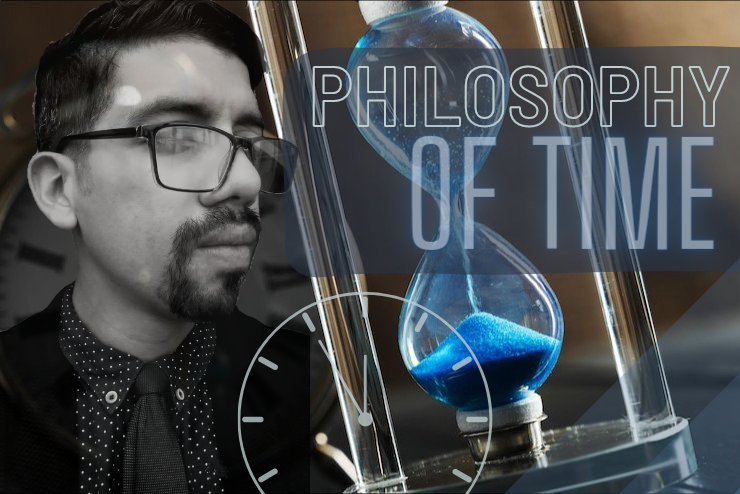
¿Qué tal, amigos míos? Antes que nada, un saludo ameno por parte de este servidor. Como es usual, en cada una de mis publicaciones me dedico a desarrollar temas de interés variado y adaptado a cada comunidad con el fin de diversificar mi contenido original y generar un mayor alcance, pues el día de hoy no será la excepción ya que abordaré desde mi punto de vista particular, y en base a mi capacidad introspectiva del buen filosofar, uno de los aspectos más esenciales, por no decir superlativo, capaz de regir a la vida misma y a los diversos elementos que la componen en todas sus facetas.
How are you, my friends? First of all, a friendly greeting from yours truly. As usual, in each of my publications I dedicate myself to develop topics of varied interest and adapted to each community in order to diversify my original content and generate a greater reach, because today will be no exception as I will address from my particular point of view, and based on my introspective capacity of good philosophizing, one of the most essential aspects, not to say superlative, capable of governing life itself and the various elements that compose it in all its facets.
¿Alguna vez escucharon a nuestros abuelos decir que el tiempo es lo más importante que tenemos mientras sigamos existiendo? Pues para muchos, incluyéndome, no hay falla en esa lógica. El tiempo en su forma más objetiva tiende a ser considerado como una unidad física capaz de medir la longevidad y separación acaecida sobre acontecimientos determinados, pero el tiempo en su esencia más orgánica puede incluso abarcar magnitudes profundas de comprender para la mente humana con un inmenso valor filosófico detrás.
Did you ever hear our grandparents say that time is the most important thing we have as long as we continue to exist? Well for many, including myself, there is no flaw in that logic. Time in its most objective form tends to be considered as a physical unit capable of measuring the longevity and separation of particular events, but time in its most organic essence can even encompass magnitudes that are profound for the human mind to comprehend with immense philosophical value behind it.
Desde el inicio en adelante - From the beginning onwards
Conocer los orígenes del tiempo resulta ser una tarea paradójica debido a la multiplicidad de implicaciones que éste ha tenido a lo largo de la historia, pues hablamos de una de las fuerzas más poderosas que ha venido regulando al universo desde sus orígenes, bien sea a causa de una colosal explosión que mantiene hasta hoy al universo en una expansión constante, como el Big Bang, o por medio de la capacidad creadora de una deidad omnipotente, pues una cosa es segura: el tiempo no deja de ser un catalizador para la vida.
Knowing the origins of time is a paradoxical task due to the multiplicity of implications it has had throughout history, since we are talking about one of the most powerful forces that has been regulating the universe since its origins, either because of a colossal explosion that keeps the universe in a constant expansion until today, such as the Big Bang, or through the creative capacity of an omnipotent deity, because one thing is certain: time does not cease to be a catalyst for life.
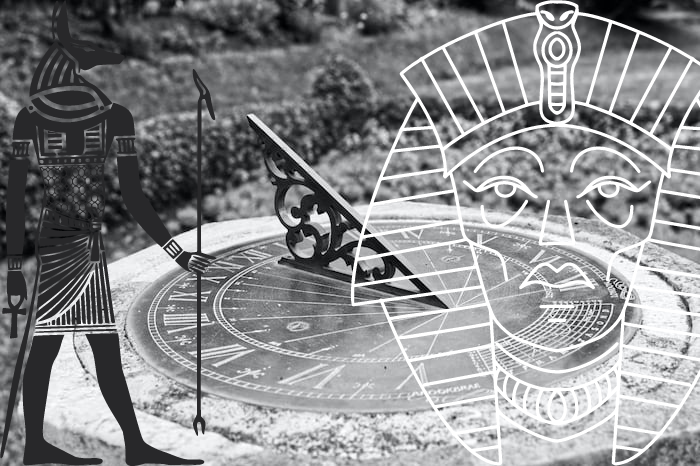
Sin embargo, es oportuno destacar la labor desempeñada por nuestros antepasados al conferirle mayor relevancia y prevalencia a dicho concepto; desde los sumerios en la majestuosa Mesopotamia con sus estudios concernientes a la materia astronómica a través de la implementación de un sistema sexagesimal novedoso para su época, además de útil para la categorización de los segundos y los minutos, hasta los antiguos egipcios con la creación del día basado en 24 horas, como lo conocemos en la actualidad, y el ingenioso diseño del primer reloj solar que, para aquel entonces, podía determinar la hora del día a través del posicionamiento de las sombras, muy interesante, ¿cierto?
However, it is appropriate to highlight the work performed by our ancestors in conferring greater relevance and prevalence to this concept; from the Sumerians in the majestic Mesopotamia with their studies concerning astronomical matters through the implementation of a sexagesimal system, novel for their time and useful for the categorization of seconds and minutes, to the ancient Egyptians with the creation of the day based on 24 hours, as we know it today, and the ingenious design of the first sundial that, by then, could determine the time of day through the positioning of the shadows, very interesting, right?
Cualquiera que sea el caso, es innegable el reconocimiento que se le es atribuido a aquellas civilizaciones del pasado por medio de los legados que hasta la fecha siguen vigentes.
Whatever the case may be, it is undeniable the recognition that is attributed to those civilizations of the past through the legacies that are still in force today.
Los antiguos y sus diversas interpretaciones - The ancients and their various interpretations
En tal contexto, es preciso acotar que el tiempo ha sido una cuestión importante para los filósofos desde épocas inmemoriales y de allí surgen interrogantes tan diversas, pero de gran valor, como: ¿Qué es el tiempo? ¿Es algo real o una mera construcción humana? ¿Cómo se relaciona con el espacio? Estas preguntas y otras similares han ocupado el pensamiento introspectivo durante siglos.
In this context, it should be noted that time has been an important issue for philosophers since time immemorial, and this has given rise to such diverse but valuable questions as: What is time? Is it something real or a mere human construct? How does it relate to space? These and similar questions have occupied introspective thought for centuries.
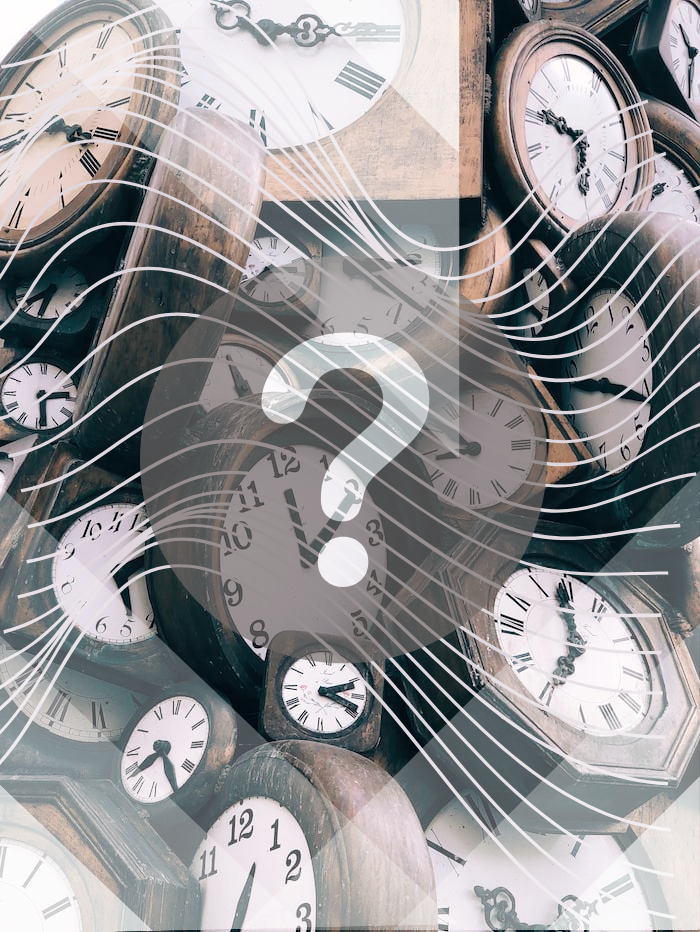
Debemos comprender que el tiempo es un concepto difícil de definir, pues algunos filósofos lo han descrito como una ilusión, mientras que otros lo han considerado como algo fundamental y real. La teoría más común es que el tiempo es una dimensión física que se mueve en una sola dirección: del pasado al presente y al futuro.
We must understand that time is a difficult concept to define, as some philosophers have described it as an illusion, while others have considered it as something fundamental and real. The most common theory is that time is a physical dimension that moves in only one direction: from past to present to future.
La idea del tiempo como una dimensión física fue introducida por primera vez por el filósofo griego Platón, un referente del área que muchos de nosotros debemos conocer, él creía que el tiempo era una propiedad del mundo físico y que existía independientemente de la mente humana. A partir de dicha premisa, podemos argumentar que el tiempo es una dimensión en la que los objetos y los eventos ocurren y que se puede medir utilizando relojes y demás dispositivos versátiles, algo bastante común en la actualidad.
The idea of time as a physical dimension was first introduced by the Greek philosopher Plato, a reference in the area that many of us should know, he believed that time was a property of the physical world and that it existed independently of the human mind. From that premise, we can argue that time is a dimension in which objects and events occur and that it can be measured using clocks and other versatile devices, something quite common today.
Sin embargo, no todos los filósofos han estado de acuerdo con lo anterior. Uno de los más influyentes fue San Agustín, quien afirmaba que el tiempo no era una propiedad del mundo físico, sino más bien una construcción mental. Él decía que el tiempo no existe fuera de la mente humana, sino que es una construcción de la mente para ordenar los eventos en el plano real, enfoque que, si lo internalizamos por un momento, adquiere un sentido aparente a pesar de los cuestionamientos que puedan girar en torno a él.
However, not all philosophers have agreed with the above. One of the most influential was St. Augustine, who claimed that time was not a property of the physical world, but rather a mental construct. He said that time does not exist outside the human mind, but is a construct of the mind to order events on the real plane, a focus that, if we internalize it for a moment, acquires an apparent meaning despite the questions that may revolve around it.
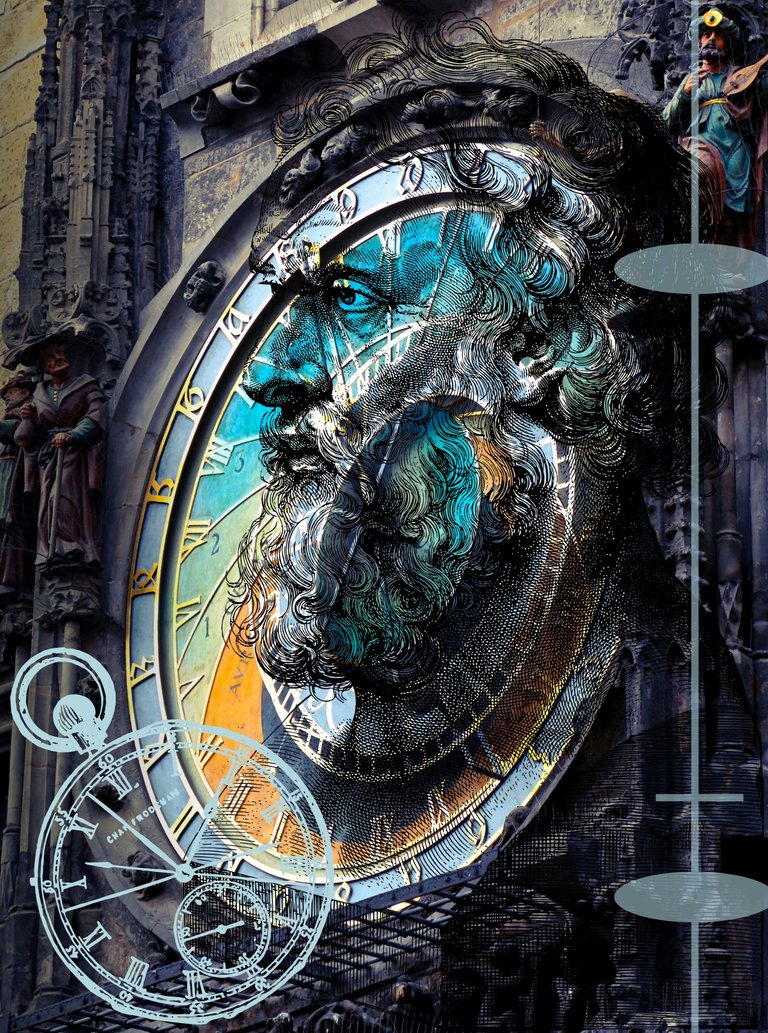
Otro filósofo importante en la historia del tiempo es Immanuel Kant, quien argumentaba que el tiempo y el espacio son dos conceptos fundamentales que permiten al ser humano entender el mundo. Él sostenía que el tiempo no existe como una entidad independiente, sino que es una estructura fundamental de la mente que se utiliza para organizar la experiencia.
Another important philosopher in the history of time is Immanuel Kant, who argued that time and space are two fundamental concepts that allow human beings to understand the world. He argued that time does not exist as an independent entity, but is a fundamental structure of the mind that is used to organize experience.
Apreciaciones finales - Concluding remarks
No sería idóneo finalizar mi post sin antes reconocer que la Teoría de la Relatividad de Einstein también tuvo un gran impacto en nuestra comprensión del tiempo ya que él afirmaba que el tiempo y el espacio son dos aspectos de una sola entidad, el espacio-tiempo. Argumentaba que el tiempo no es algo absoluto, sino que se curva y se estira en presencia de objetos masivos, razón por la cual me tomaré la atribución de dejarles una pregunta abierta sobre la mesa para su oportuna reflexión: ¿Pueden ser los viajes en el tiempo una realidad mucho más que una ficción dentro del imaginario colectivo?
It would be inappropriate to end my post without first acknowledging that Einstein's Theory of Relativity also had a great impact on our understanding of time since he claimed that time and space are two aspects of a single entity, space-time. He argued that time is not something absolute, but that it bends and stretches in the presence of massive objects, which is why I will take it upon myself to leave an open question on the table for your timely reflection: Can time travel be a reality much more than a fiction in the collective imagination?
Por último, en cuanto al impacto del tiempo dentro de la historia, podemos decir que ha sido enorme, pues la noción del tiempo resultó fundamental para la creación de calendarios y la organización de los mismos. La medición precisa del tiempo ha sido crucial para el desarrollo de la navegación, la física y la astronomía, así como todos los demás aspectos implícitos en nuestra vida cotidiana que nos hacen disponer y depender de él.
Finally, as for the impact of time in history, we can say that it has been enormous, since the notion of time was fundamental for the creation of calendars and their organization. The precise measurement of time has been crucial for the development of navigation, physics and astronomy, as well as all the other aspects implicit in our daily lives that make us have and depend on it.
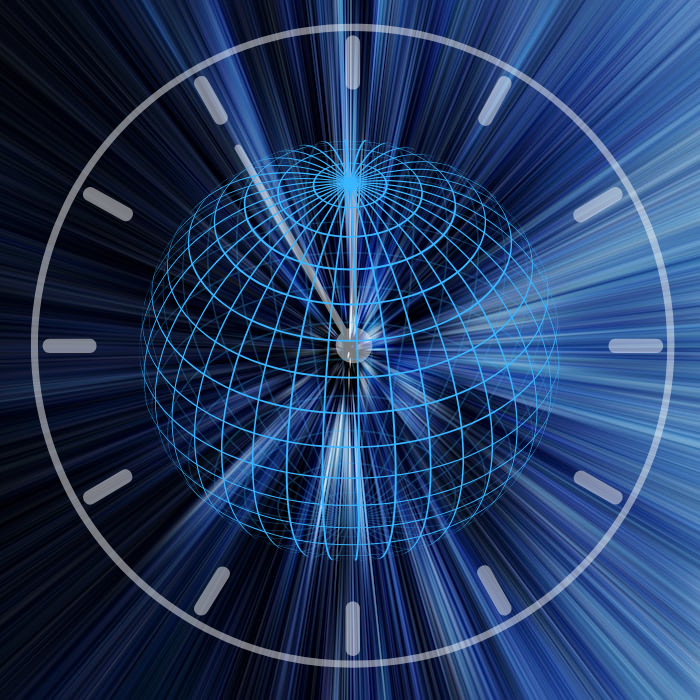
Siempre es un gusto coincidir con ustedes, mis estimados. Me despido por ahora, pero antes me gustaría agradecerles por haberse, irónicamente, tomado el tiempo y la tarea de leerme. ¡Nos vemos luego, comunidad!
It is always a pleasure to coincide with you, my dear ones. I'll say goodbye for now, but first I would like to thank you for having, ironically, taken the time and the task of reading me. See you later, community!
Congratulations @lord.cafeina! You have completed the following achievement on the Hive blockchain And have been rewarded with New badge(s)
Your next target is to reach 60 posts.
You can view your badges on your board and compare yourself to others in the Ranking
If you no longer want to receive notifications, reply to this comment with the word
STOPTo support your work, I also upvoted your post!
Check out our last posts:
Support the HiveBuzz project. Vote for our proposal!